Buying a new car, driving it away from the dealership, and taking it out for a spin feel great. However, new cars come with many downsides that can quickly diminish that initial happiness. Higher costs, depreciation, and rapid obsolescence are just some of the 18 reasons to skip buying a new car and choose an older model instead.
Immediate Depreciation
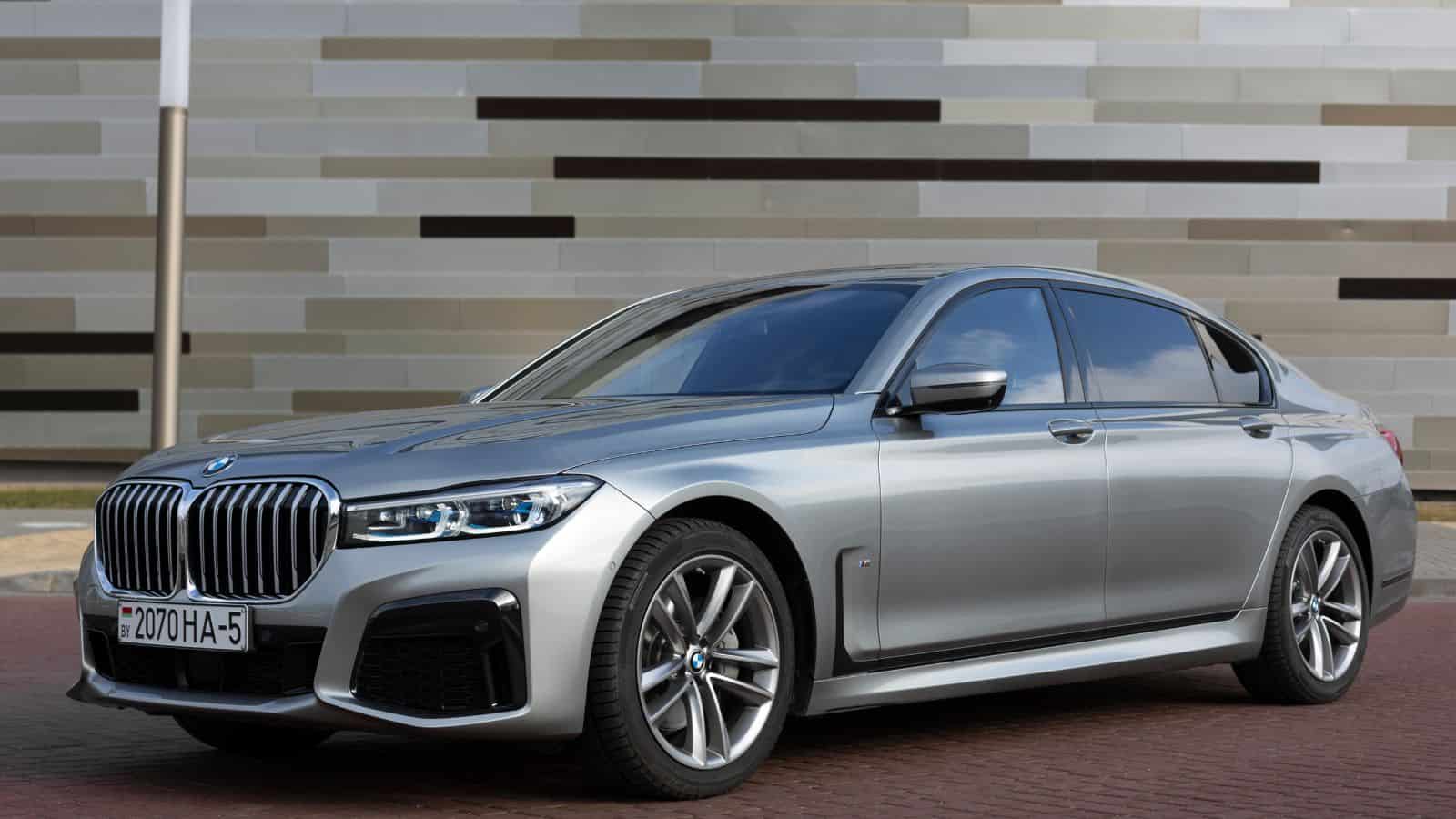
New cars lose a significant chunk of their value as soon as they are driven off the dealership lot, so your investment will dwindle rapidly. Progressive notes that while there is no set rate that determines how much a vehicle will depreciate, “within the first year, many cars will lose up to 20% of their value” and may continue to lose 15% every year after that until the “four-or-five year mark.”
High Insurance Costs

Due to their higher value, newer cars have higher insurance premiums than older models. Older models with a lower market value have lower insurance rates, making them cheaper to own and purchase.
Rapid Technological Obsolescence
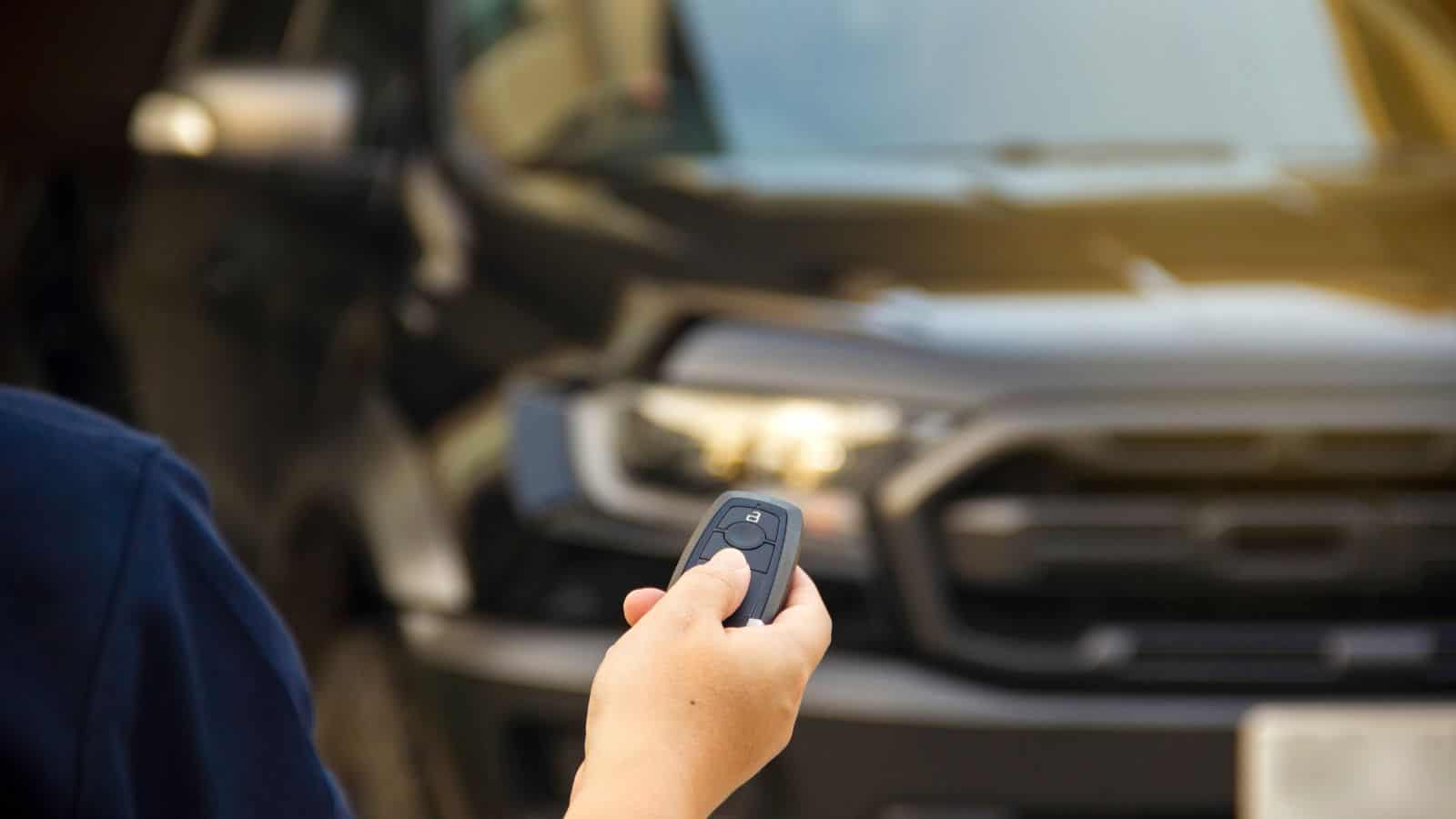
New car technology quickly becomes outdated as newer models are released, and while the latest tech features in new models may be appealing, they aren’t cost-effective. Aftermarket upgrades can add many of these tech features to older, secondhand models.
Expensive Maintenance and Repairs
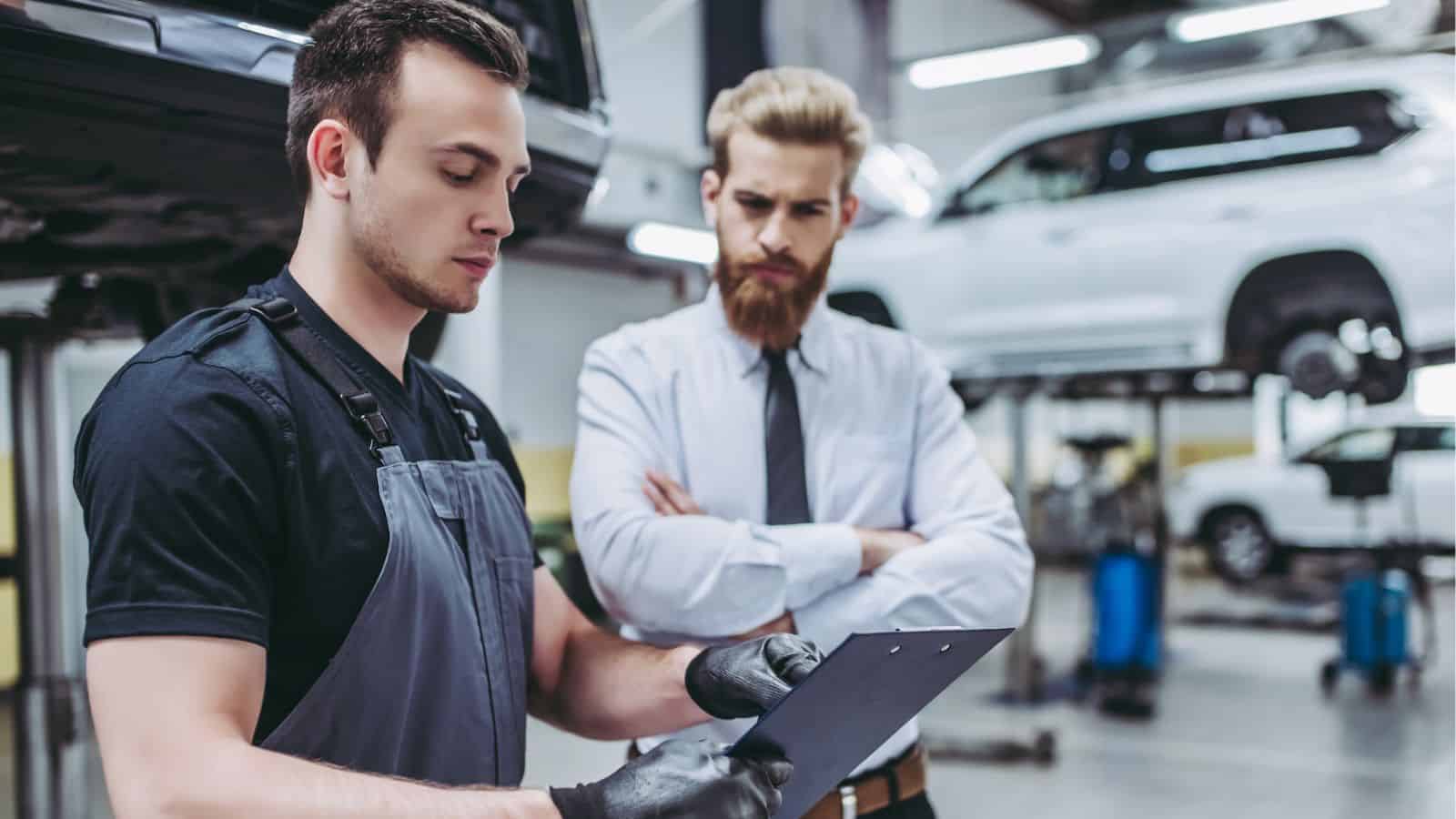
While new cars often come with free maintenance periods, dealership service can be costly once they expire. Parts for newer models are also often more expensive, and independent mechanics may be less familiar with the latest car technology, driving up repair costs.
Higher Registration Fees

Registration fees are usually based on a car’s value and model year, so newer cars are more expensive to register. Many jurisdictions nationwide have lower registration costs for older models, so research your local area’s fee structure before buying a new car.
The Temptation of Unnecessary Features
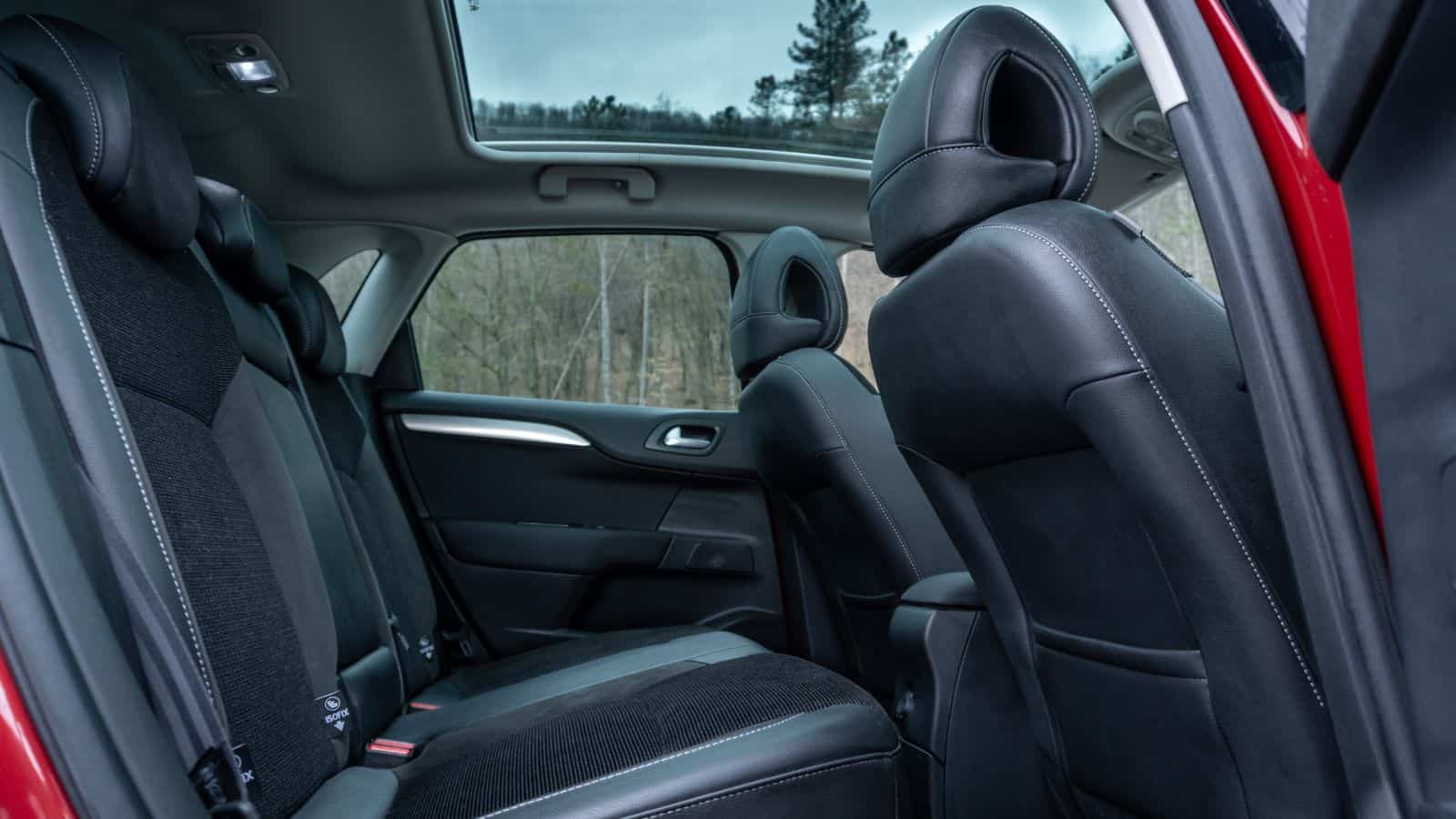
Dealerships and manufacturers often upsell unnecessary additional features that drive up the cost of a new car. Features like high-end audio systems, sunroofs, and built-in navigation are not essential, and some can be added later to a used car if you want them. Focusing on needs over wants in a car will lead to significant savings.
Environmental Impact
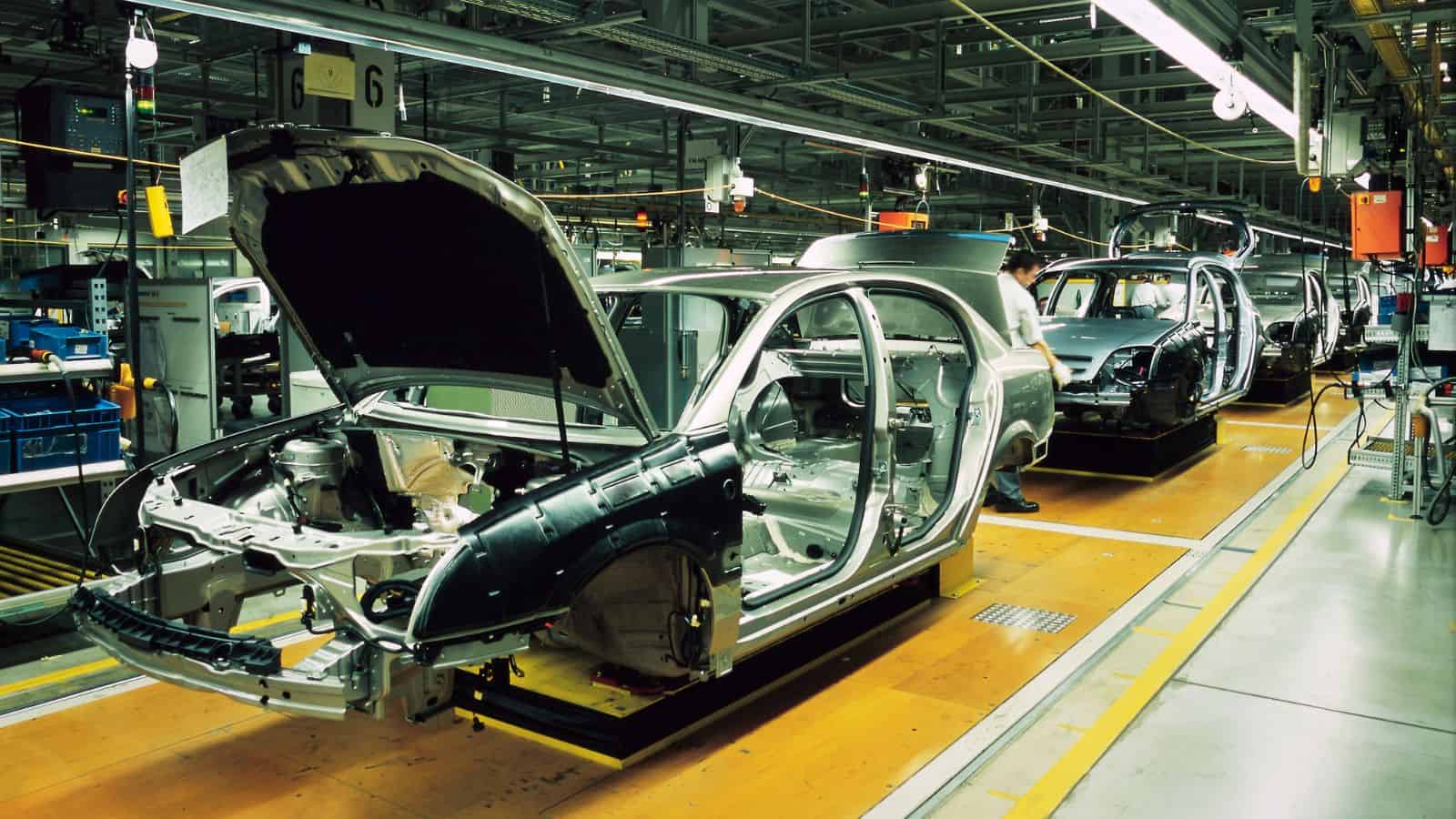
Manufacturing new cars produces a significant carbon footprint. According to Auto Express, “around 5.6 tonnes of CO₂ are released during a petrol or diesel car’s manufacture on average,” and “building the average electric car produces 8.8 tonnes.” Opting for a used car will extend its lifetime and reduce the demand for new car production.
Missed Opportunities in the Used Car Market
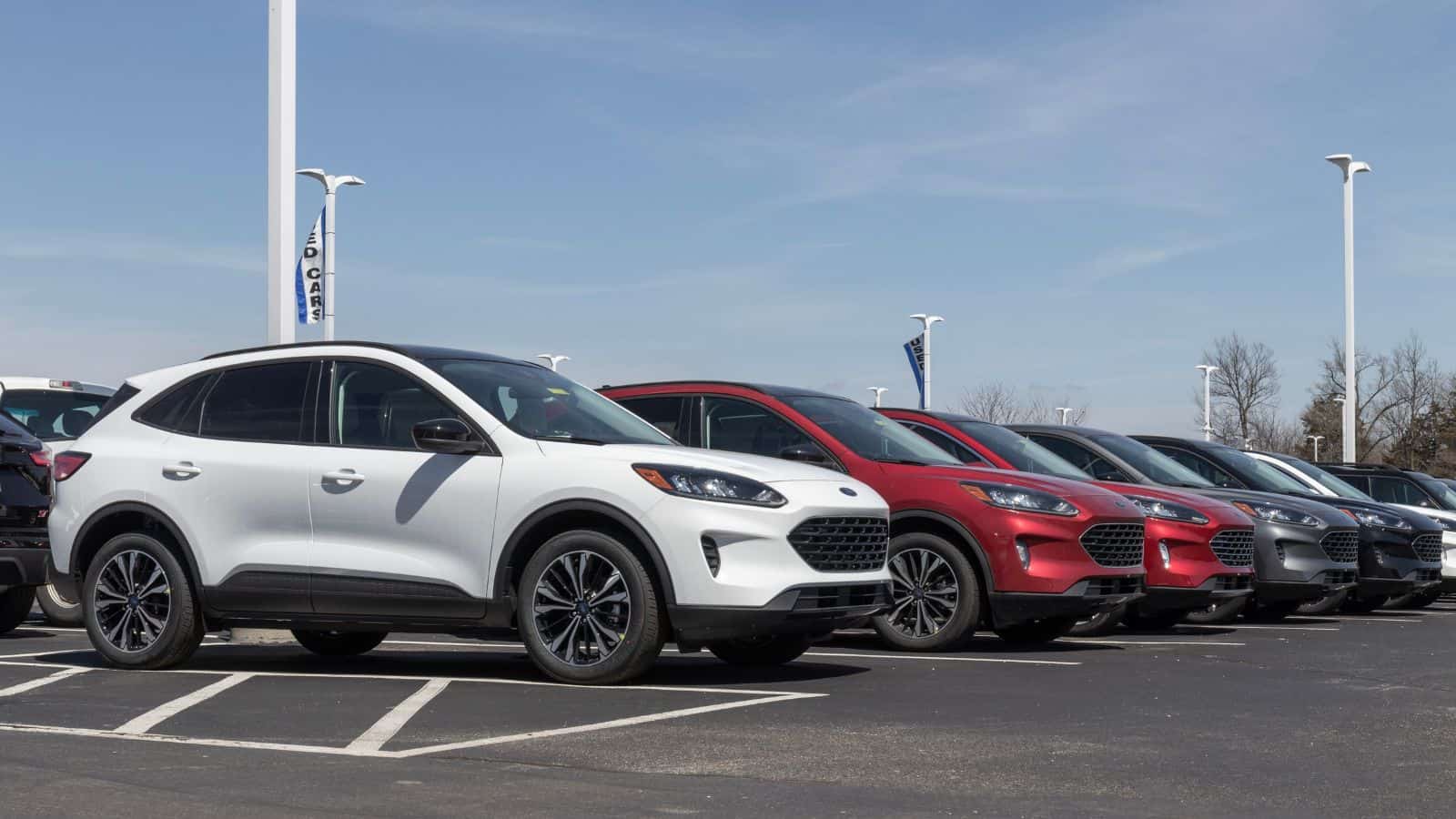
The used car market has a broader range of vehicles that can meet different tastes and needs at a lower cost. Certified Pre-Owned, or CPO, programs can also provide inspected, refurbished, and certified vehicles from a manufacturer or certifying authority, so you can buy a used car with peace of mind.
The Illusion of Zero-Percent Financing

While zero-percent financing can be a great money-saving deal for some, it has drawbacks. Bankrate notes that “interest-free financing may only be available for certain types of vehicles” that must be new; in addition, repayment options are limited and have a shorter time frame, making them expensive in the short term.
Long-Term Financial Implications
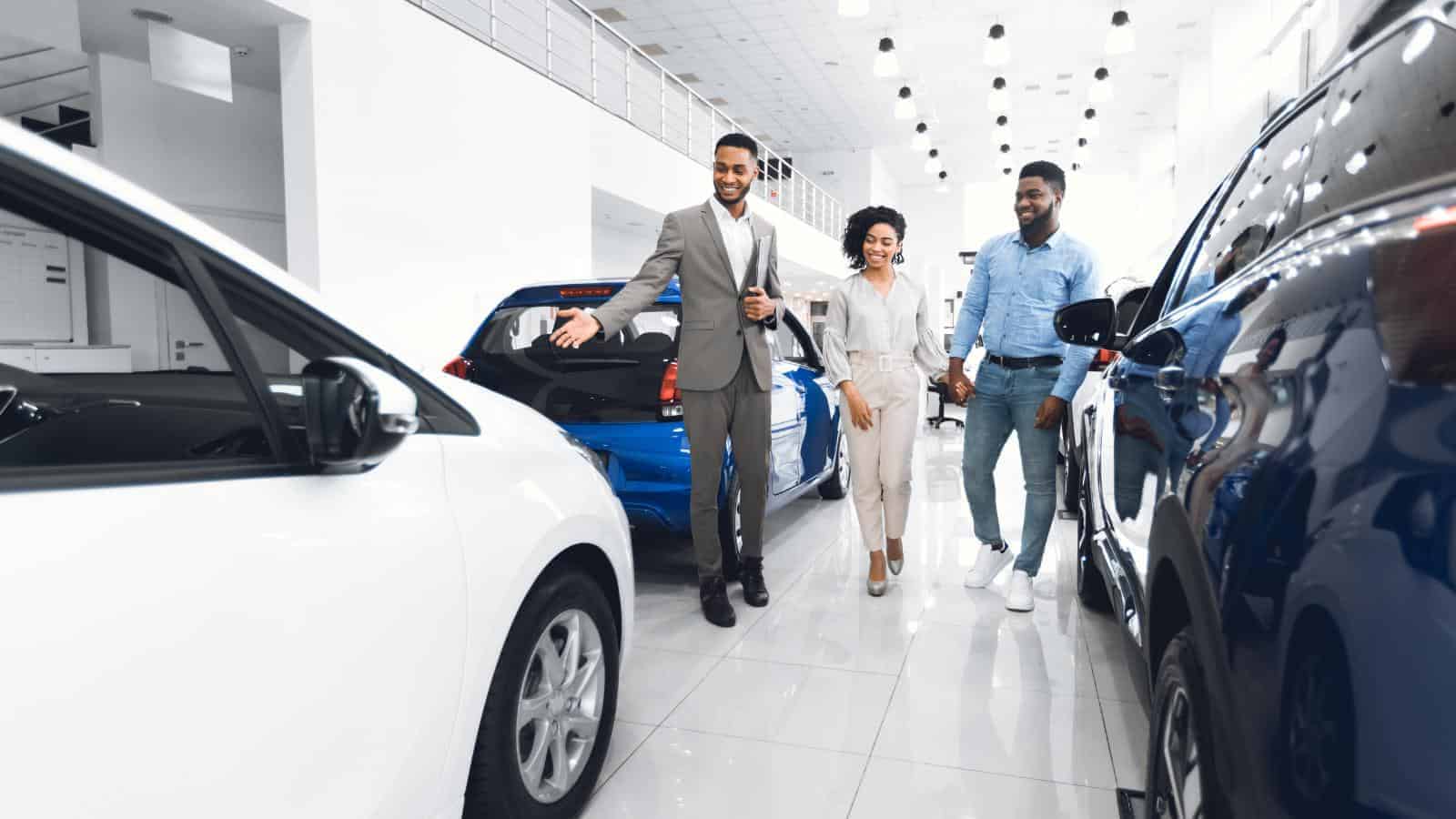
New cars often come with longer financing terms, leading you to pay more interest over time. Cars Direct notes that banks typically “won’t finance any vehicle older than 10 years, even if you have good credit,” but a car that’s five years old can be a cheaper finance option.
Limited Personalization Options
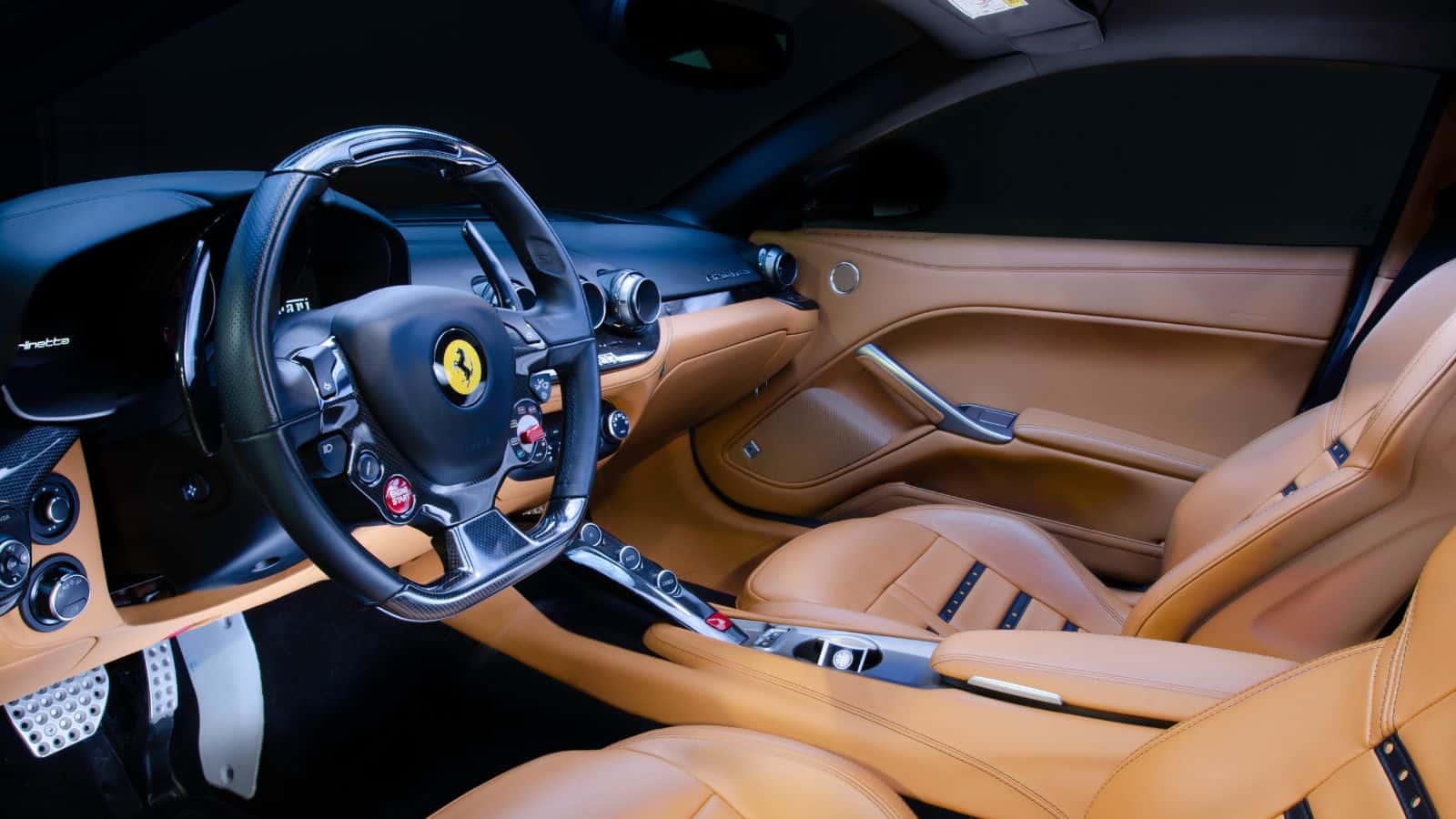
For those who like personalizing their vehicles, new cars offer customization, but at a premium that significantly increases the overall purchase price. Aftermarket options allow for personalization at a fraction of the cost, increasing your car’s uniqueness and personal value without breaking the bank.
Overpaying Due to Emotional Decisions

Buying a new car is exciting. However, this excitement can lead to emotional decisions that end up costing more than the more rational decision to buy a good quality used car. Car salesmen will use pressure tactics to push buyers into making quick decisions, so take the time to research and consider the total cost of owning a car.
The Complexity of Modern Cars
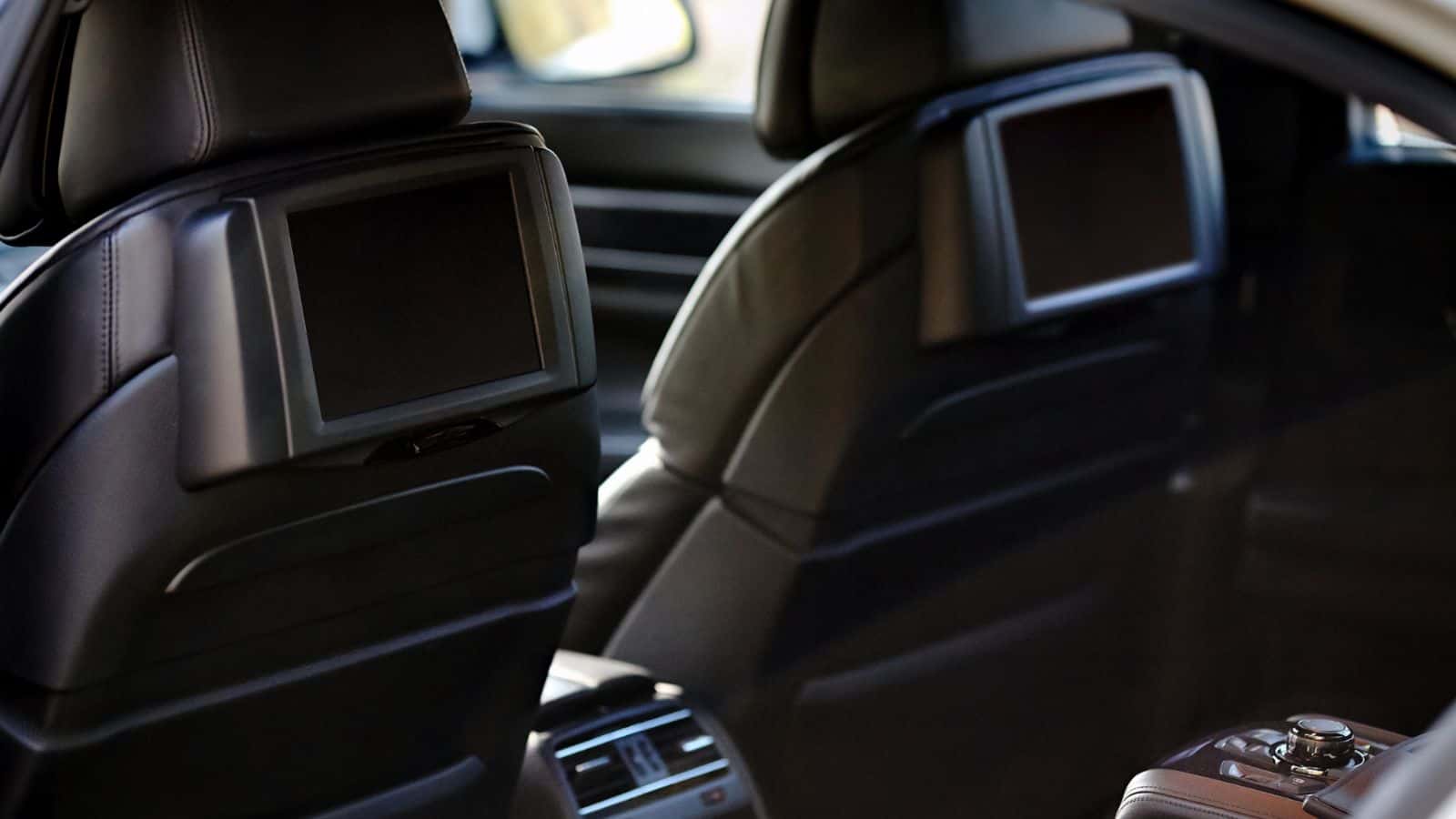
New cars become increasingly complex as technology improves, making DIY repair and maintenance more difficult. This complexity can also lead to higher maintenance costs and an increased dependency on specialized dealership services that are unavailable in your local area. Older models are usually easier and less expensive to maintain and repair.
Loan Overhang
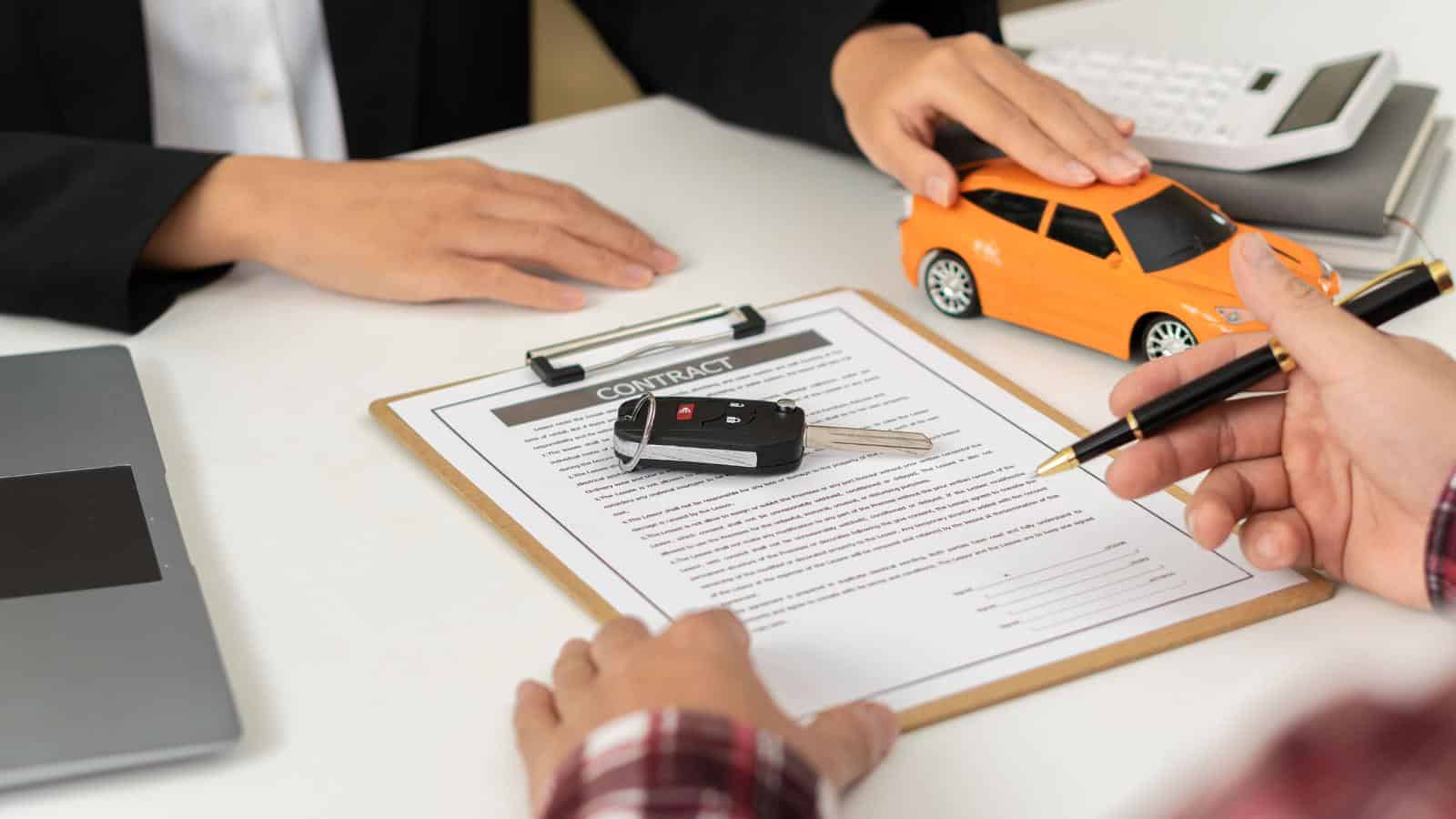
Car and Driver explains, “If your car’s current value is less than the amount you owe, you have negative equity.” Cars rapidly depreciate during their first five years, so getting into debt for a new model can lead to problems, especially if you need to sell it or if it’s totaled in an accident.
The Impact on Personal Finance

Taking out a big loan for a new car may seem like a good idea, but its impact on your debt-to-income ratio can severely affect your future borrowing capacity. Higher monthly payments with new cars can also restrict your financial flexibility, especially if you aren’t on a higher income.
The Risk of Recalls and Defects
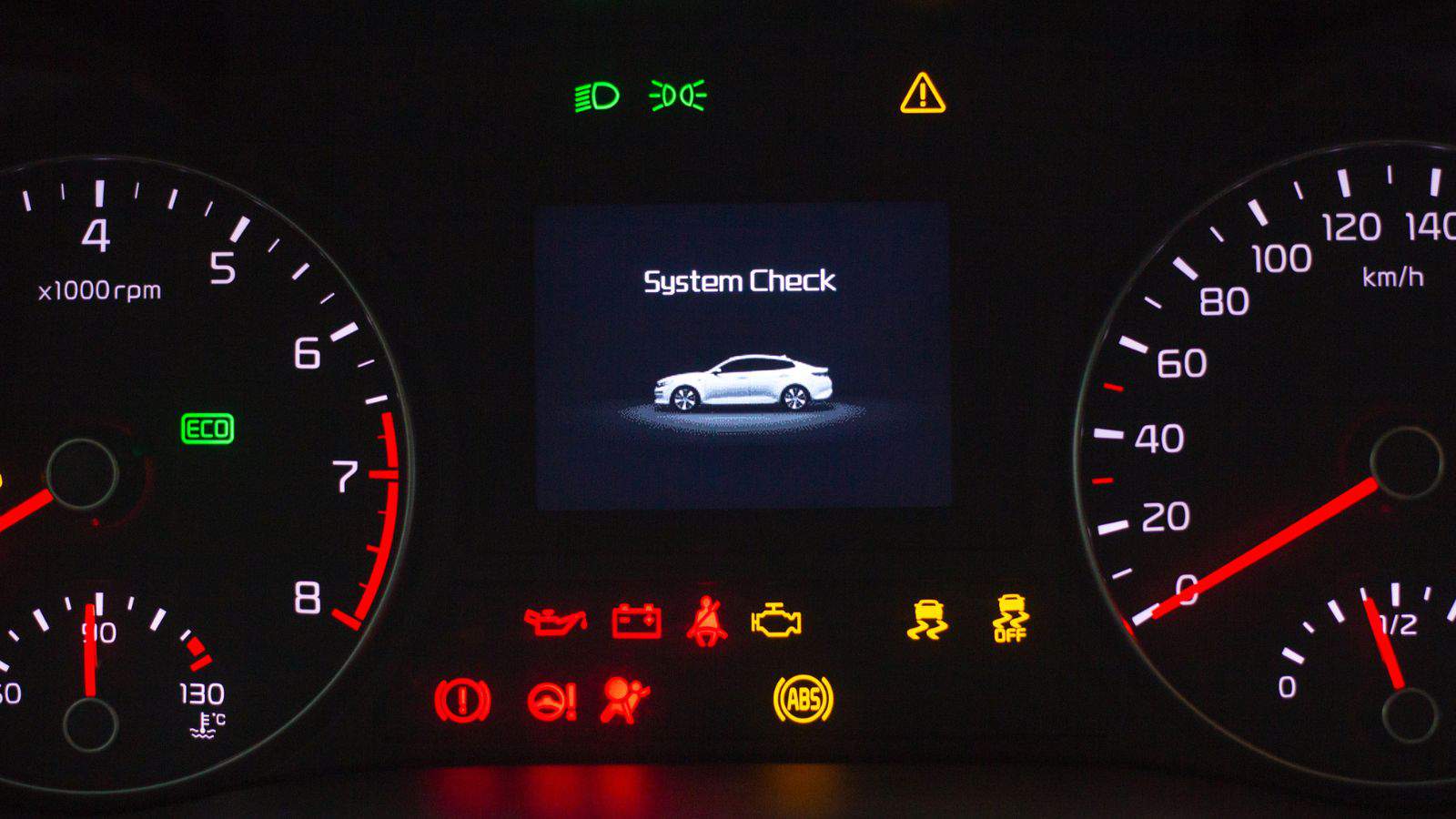
Newer models are often recalled for defects that appear when they start to be driven in the real world. Cars.com has multiple news articles every month about thousands of new car models from Hyundai, Kia, Toyota, and other manufacturers being recalled due to engine problems and electrical faults. Used cars have already addressed these initial recalls and defects, saving you the inconvenience of returning your vehicle to the dealership for repairs.
The Value of a Test Drive

Taking a new car on a test drive is often limiting, not fully revealing potential discomfort and issues you may have with the model. Renting a similar model to a used car you’re thinking of purchasing is a better way to understand a car’s performance and comfort.
Psychological Satisfaction vs. Economic Reality

New cars are a status symbol. Purchasing a new car, parking it on your driveway, and telling your neighbors about all of its features is satisfying, but the feeling is usually fleeting. The depreciation and costs associated with a newer vehicle are less likely to lead to long-term happiness or financial health. Getting a good quality used car is a financially wiser choice that can lead to greater long-term contentment.
